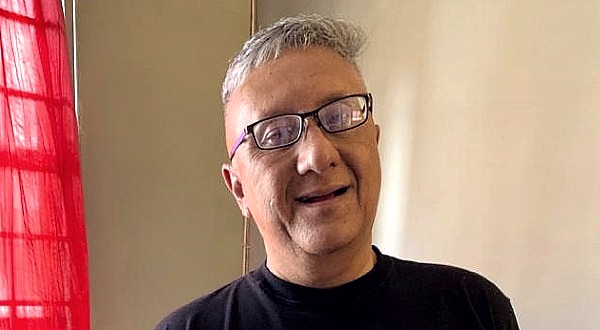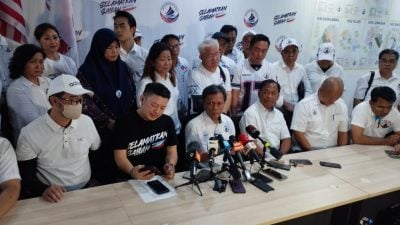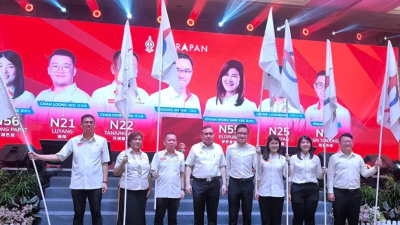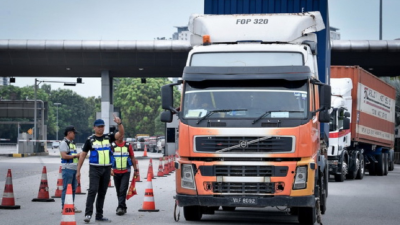
There are celebrations in Gaza as I write this.
Israel and Hamas have agreed to a ceasefire after 11 days of fighting.
According to Al Jazeera, 232 Palestinians, including 65 children, have been killed In the Israeli bombardment. On the Israeli side,12 people, including two children, have been killed.
Thousands of people in Gaza and the Palestinian territories poured into the streets to celebrate the ceasefire. Yes, they have every right to rejoice. You and I rejoice with them surely. At least the killings will stop, or has stopped. For now.
Without taking anything away from Egypt which brokered the deal, ceasefires only give temporary reprieve.
Antonio Guterres, the UN secretary-general, has stressed that “Israeli and Palestinian leaders have a responsibility beyond the restoration of calm to start a serious dialogue to address the root causes of the conflict.”
True, but for now Palestinians have the little “luxury” to enjoy some calm. Not peace, as peace has never been achieved for decades in Gaza and the West Bank.
It’s always a certain degree of calm amidst Israeli brutal occupation erupting into violent and bloody onslaughts every now and then.
Ali Barakeh, a member of the Hamas’ Arab and Islamic relations bureau told the Associated Press news agency that the declaration (of the current ceasefire) is a defeat for Benjamin Netanyahu, the Israeli prime minister, and “a victory to the Palestinian people”.
I fully understand the need for such remarks to lift the morale and keep Palestinians in high spirits following the relentless bombardment of Israeli army.
Still, I think that is simplifying things. If not oversimplifying.
I think Barakeh himself knows this. But then he had to do what he had to do, I supposed. We wish him well and hope peace will eventually be achieved.
Talking about oversimplifying matters, let’s move on to the Myanmar issue.
On April 24, as we know, Asean held a special meeting in Jakarta to talk about the situation in Myanmar following the military coup in February.
General Min Aung Hlaing, head of the Myanmar army which took over power in the coup, was invited. And he came.
According to the BBC, the general heard calls from Asean leaders for his military to stop killing protesters and release political prisoners.
Hundreds have been killed and thousands detained since the coup.
Prime Minister Tan Sri Muhyiddin Yassin had this to say at the end of the meeting (which he attended obviously) as reported by Malay Mail. The Asean Leaders meeting succeeded in addressing the Myanmar crisis “beyond our expectations”.
According to Muhyiddin, Myanmar accepted all the three proposals put forward by Malaysia in tackling the issue. namely:
1. To de-escalate the situation on the ground and stop the killing and violence against civilians;
2. To release political detainees promptly and unconditionally, and
3. To allow the Asean chair and Asean secretary-general to have access into Myanmar including to all parties concerned.
“Myanmar responded well and did not reject all the three proposals by Malaysia,” Malay Mail quoted the prime minister as saying in a press conference after the meeting.
I take that to mean that to Muhyiddin, it was a “done” deal, or “almost done” at the very least.
The question is, was the prime minster simplifying matters? Or oversimplifying it?
Singapore prime minister Lee Hsien Loong gave his take on what transpired at the meeting as reported by Channel News Asia or CNA.
To Lee, overall the meeting was “productive”.
At the meeting, according to Lee as quoted by CNA, Asean member states outlined six outcomes they would like to see in Myanmar, including a visit by an Asean delegation facilitated by Myanmar authorities.
Other objectives include the proposals mentioned by Muhyiddin and allowing humanitarian assistance effort led by Asean and comprising other parties.
General Min, said Lee, responded saying “he heard us” and would take the points which he considered helpful, not opposed to Asean playing a constructive role, or an Asean delegation visit or humanitarian assistance and that they would move forward and engage with Asean in a constructive way.
“I’m sure that in implementing this, there’s a long way forward because there’s one thing to say you’ll cease violence and release political prisoners, it’s another thing to get it done,” Lee was quoted saying.
To me, Lee did not simplify things. He was being realistic.
On May 7, i.e. 13 days after the Asean meeting in Jakarta, Reuters reported that the Myanmar junta said it would not agree to a visit by an Asean envoy until it could establish stability. In short, no Asean visit.
“Right now we are prioritization the security and stability of the country,” Major Kaung Htet San, a spokesman for the military council, was reported to have told a televised briefing. He went on to say, “Only after we achieve a certain level of security and stability, we will cooperate regarding the envoy.”
When will that be? Your guess is as good as mine.
What is happening in Myanmar now?
According to a May 16 report by Al Jazeera, “Six opposition rebels have been killed by the military after days of clashes in Myanmar, an anti-coup defense force made up of civilians said, as the United Kingdom and United States condemned the military violence against civilians.”
We get the picture.
(Mohsin Abdullah is a veteran journalist and now a freelancer who writes about this, that and everything else.)
ADVERTISEMENT
ADVERTISEMENT






































